The Alkaline Diet: What You Need to Know About Alkalizing Foods
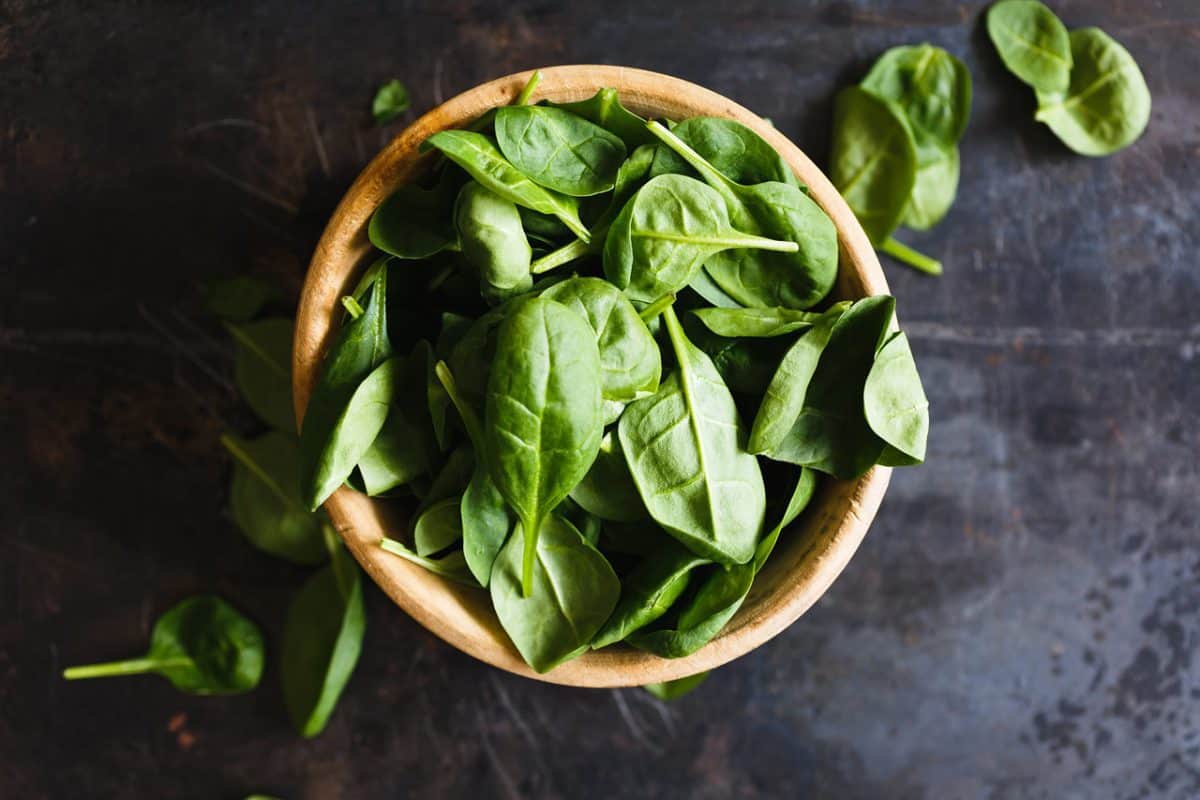
New dietary lifestyles crop up all the time these days. With so many champions of different diets and so much research at your Googling fingertips, it’s flat-out confusing to know which diet will make you healthier. Lately there’s been a lot of talk about alkaline diets, which supporters say balance your body’s PH, make you healthier, and even prevent cancer. Those are big claims from a diet, and they’re obviously tempting results. When I first read about alkaline foods, I thought, “Hell yes! I want to prevent cancer and have the healthiest body possible. My body is a temple, and I will treat it as such with alkaline foods.”
So to the internet I turned to learn everything I could. I looked up which foods were alkaline and acidic, what the benefits were, and what others had to say after adopting the lifestyle. What I found out is there’s still a lot of debate in the health world over the validity of the internet’s claims.
The Alkaline Diet = Lots of Fruits and Vegetables
The crux of this diet is that you consume more alkaline foods (think green leafy veggies and low-glycemic fruits) than you do acidic foods (meat, dairy, fish, sugar, processed foods, and alcohol to name a few) in order to keep your body’s PH level on the alkaline side of the scale. The belief is that a diet high in alkaline foods will reduce the acid in your body to prevent inflammation, illness, and keep your body’s processes running at maximum level.
To follow this diet, you essentially adopt a vegan lifestyle without having the moral motivation (fighting against animal cruelty) to back you up. Even though alkaline diets don’t expressly forbid eating acidic foods, it’s discouraged as much as possible.
Why Alkaline Supporters Don’t Like Acidic Foods
According to those who swear by the alkaline diet, acidic foods weaken your immune system (leading to lots of colds and such), can cause cancer and osteoporosis, and stress your body out as it tries to fight it’s way back to a balanced PH. However, there’s not enough research out there currently to support this.
There’s no doubt that a diet high in vegetables and fruits is healthier than one based on meat and cheese. In terms of vitamins, nutrients, and calorie content, the fruits and veggies kick butt while meat and dairy don’t. Without the necessary research to prove that a steak will cause cancer, there’s no reason you should completely avoid animal by-products for the rest of your life. A steak or grilled cheese every now and then will not kill you anymore than walking down the street will.
The More Important Problems with Alkalizing Foods
Consuming a large amount of greens and natural foods is not bad for you physically. Obviously those foods are fantastic for your digestion and overall health, but being too restrictive in your diet can lead to several problems. Namely, it can lead to a low intake of protein and calcium, and in extreme cases lead to orthorexia.
If you adopt an alkaline diet (or a vegan one) without properly researching how you can keep up your calcium and protein intake, you run the risk of becoming a bit malnourished. This is particularly important if you’re a habitual exerciser. Low protein intake means your muscles don’t have what they need to repair themselves after a hard workout, which essentially leads to weak muscles and higher risk of injury. Without the proper calcium intake, you put your bones at risk of osteoporosis and weaken them in general. So even though you’ll be consuming high levels of vitamin c and fiber, among other nutrients, you can lack in two of the most important for a healthy, active lifestyle.
Aside from muscle and bone health, your skin, hair, and nails will also suffer if you don’t consume enough protein and calcium. Dry hair, splintering nails, and dull skin aren’t a good look on anyone—not even the leanest people on Earth.
The symptoms described are not a guaranteed outcome of adopting an alkaline diet. But it can become reality if you’re too strict and obsessive with the foods you can and can’t eat. If you take on an alkaline diet with the mindset that you have to be all or nothing, then you do need to work to keep your diet in perspective so you don’t take it to a dangerous place.
Your Body can Handle PH Balance on its Own
After reading and reading and reading everything I could about alkaline foods, I realized that the number one thing to know is your body can completely handle PH on its own. I won’t pretend to be well-versed in biology or body processes, but I do remember learning about homeostasis in my human anatomy class. Homeostasis means your body already has all of the necessary systems in place to manage your PH balance in each organ.
The alkaline diet makes it seem like every part of your body needs to be alkaline when in fact, different organs and systems are meant to be acidic and others are meant to be alkaline. Your stomach needs to be acidic to digest your food. Your blood needs to be slightly alkaline. No matter what you eat, your body knows how to keep these various parts of your body in the exact PH range they need to be. You can’t alter it with the food you eat.
If you eat a lot of acidic foods, your body will simply excrete the extra acid in your pee. That acid doesn’t hang out in your body forever. So like all parts of life, you can’t control everything.
But Alkalizing Foods Makes You Feel Great, Right?
Right. A diet high in vegetables, fruits, whole grains, and healthy fats is good for you. Those foods pack so many vitamins and nutrients your body needs that when you constantly feed it those things, you’re going to feel amazing. You’ll have more energy, feel more satisfied, and won’t be bloated or sluggish all the time. But this has more to do with the nutrients than it does the alkalinity.
This means you shouldn’t adopt an alkaline diet to alter or control your PH levels. You should adopt an alkaline diet (high in plant-based protein and calcium of course) simply because those leafy greens are good for your body and processed foods are not.
If you do choose to follow this kind of dietary lifestyle, remember to also seek out balance. You can eat vegan or alkaline or gluten free or organic, and still indulge in a piece of wedding cake at your cousin’s wedding, and you shouldn’t feel guilty about it. Listen to your body and what it’s craving to lead you, and you’ll do just fine with your calcium and protein intake without taking it to extremes.
Follow Terra on Instagram: @terrabrown3
Last modified on February 21st, 2017


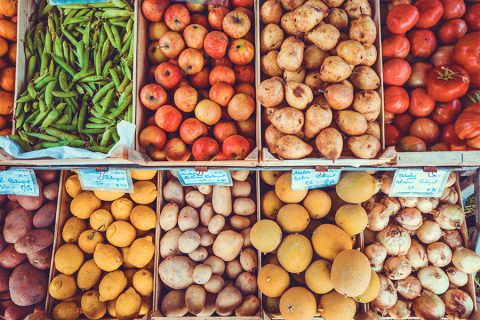
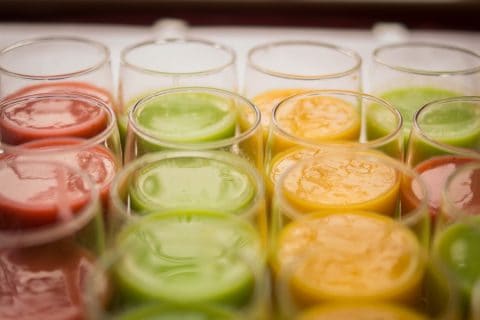
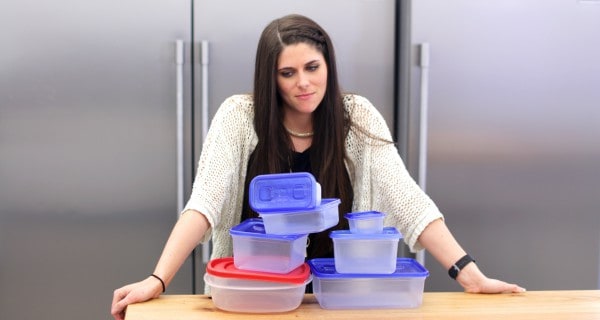
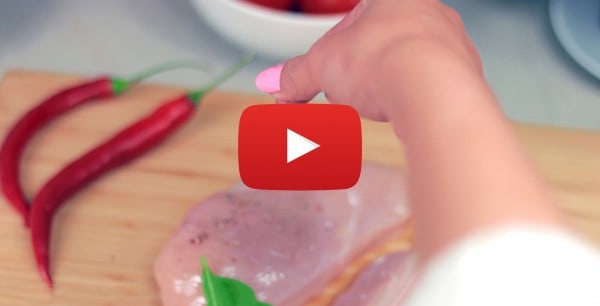
Show Comments +